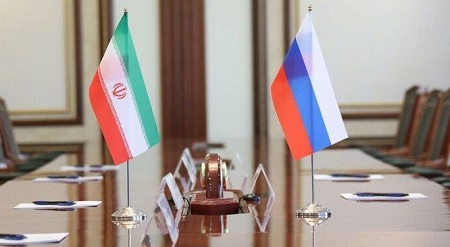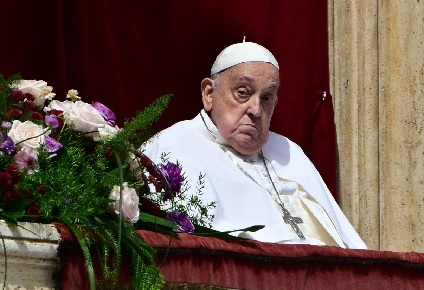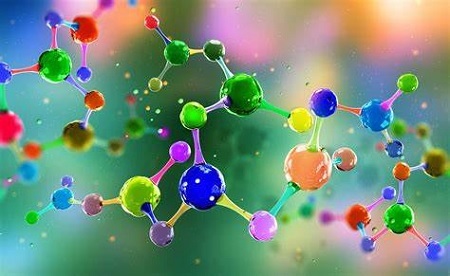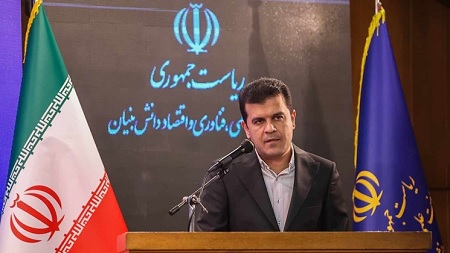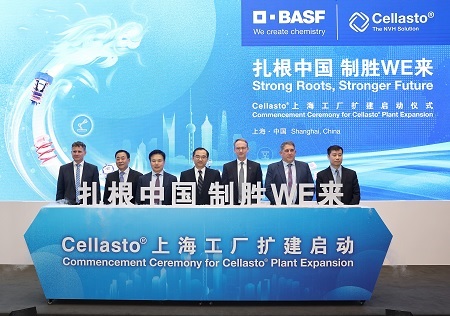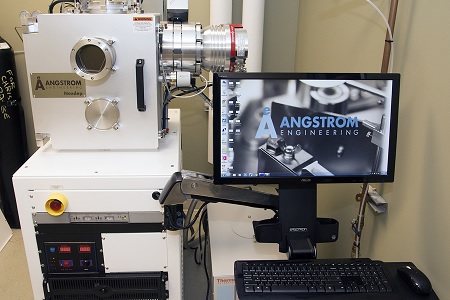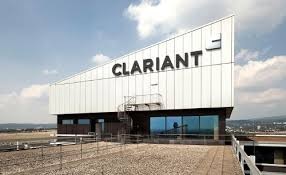 Clariant, is pleased to announce that Gerhard Mestl, Head of Oxidation Catalysts at Clariant, has received the 2017 Applied Catalysis Award from the European Federation of Catalysis Societies (EFCATS). The award was presented to Gerhard Mestl on Wednesday, 30th August at the EuropaCat XIII conference in Florence, Italy.
Clariant, is pleased to announce that Gerhard Mestl, Head of Oxidation Catalysts at Clariant, has received the 2017 Applied Catalysis Award from the European Federation of Catalysis Societies (EFCATS). The award was presented to Gerhard Mestl on Wednesday, 30th August at the EuropaCat XIII conference in Florence, Italy.
The recipient of the EFCATS Applied Catalysis Award is selected by a jury of prominent scientists. According to the organization, the Award aims to acknowledge “individual contributions, which demonstrate excellence, scientific novelty, technical achievements in development and scale-up, interdisciplinary teamwork between scientists and engineers, and clearly show emphasis on actual or potential commercial application”. The Applied Catalysis Award is sponsored by the multinational petroleum company BP.
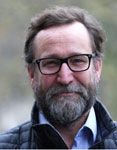 The prestigious biennial Award was granted to Gerhard Mestl for his groundbreaking work in selective oxidation. Together with his R&D team at Clariant, Gerhard Mestl has succeeded in developing high-performance process catalysts that significantly enhance efficiency and sustainability in the production of intermediate and specialty chemicals, such as phthalic anhydride (PHTHALIMAX®), maleic anhydride (SynDane®) and vinyl-acetate monomer (VAMax®).
The prestigious biennial Award was granted to Gerhard Mestl for his groundbreaking work in selective oxidation. Together with his R&D team at Clariant, Gerhard Mestl has succeeded in developing high-performance process catalysts that significantly enhance efficiency and sustainability in the production of intermediate and specialty chemicals, such as phthalic anhydride (PHTHALIMAX®), maleic anhydride (SynDane®) and vinyl-acetate monomer (VAMax®).
Gerhard Mestl is a leading researcher at MuniCat, the Munich catalysis alliance between Clariant and the Technical University of Munich. His numerous professional achievements include developing and expanding the phthalic anhydride coating method to other applied catalyst systems, introducing a step-change in the bismuth-molybdate-based oxidation of propene to acrolein, and creating highly innovative maleic anhydride catalysts. He has played a key role in advancing an adaptable technology used in one-step conversion of propane to acrylic acid. Gerhard Mestl and his team are now also investigating solutions for catalytic oxidative dehydrogenation of ethane to ethylene.
Prof. Robert Schloegl, Director at the Fritz Haber Institute of the Max Planck Society, stated, “Gerhard unites academic interest and curiosity with the practical sense and perseverance needed in industrial catalysis research. This, together with high social competence and a friendly personal attitude has made him an exceptionally successful leader in his field. Gerhard over and above cares for his colleagues, he engages in community service, both in the industry and in academia, and he still finds time to disseminate his insights in lectures to university students. I wish him all the joy coming with such a prestigious award.”
Marvin Estenfelder, Head of R&D at Clariant’s Catalysts Business Unit, also offered his congratulations: “The EFCATS Award is well-deserved recognition for the valuable contribution of Gerhard and his team to a number of exceptional innovations.”






